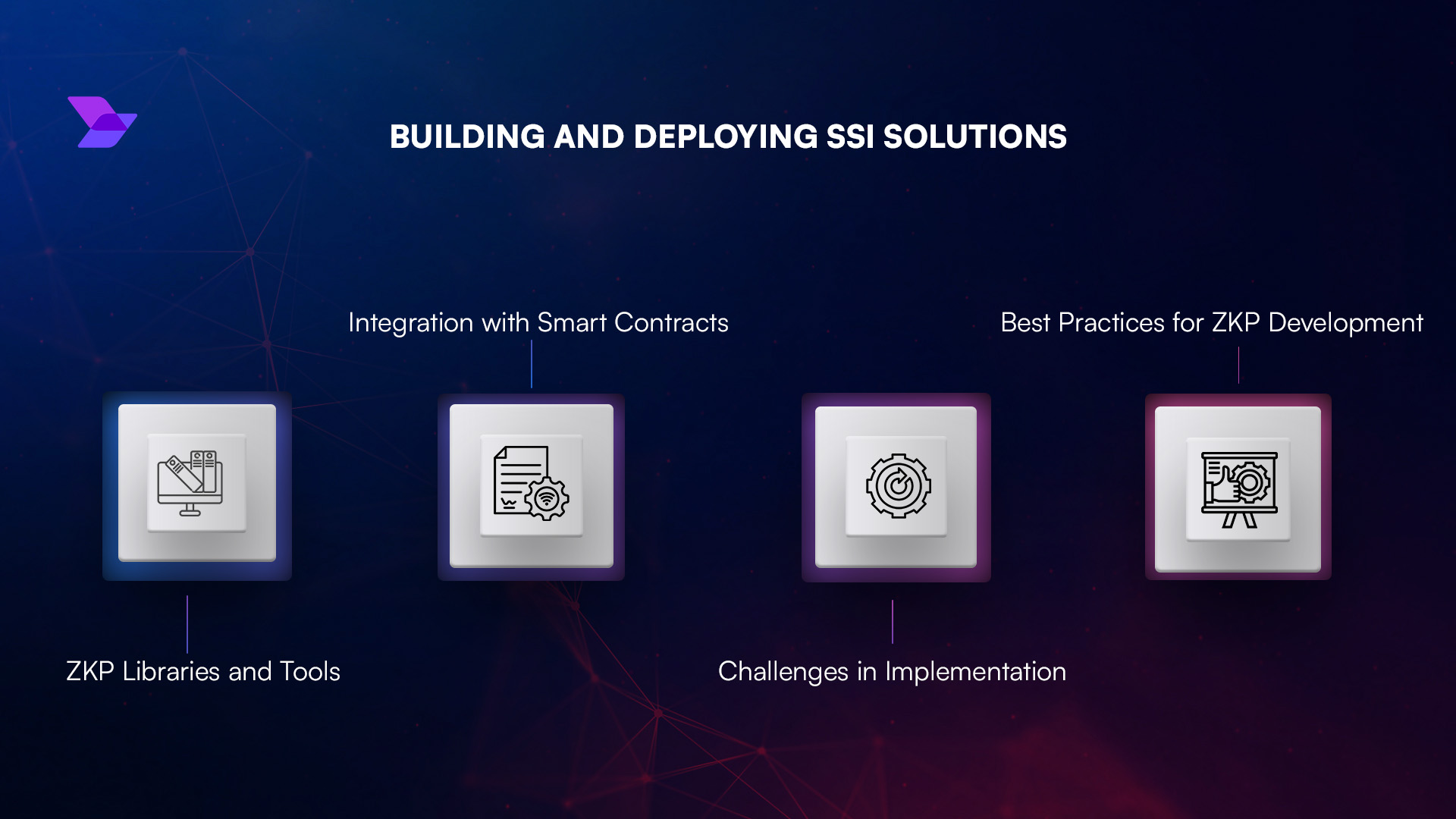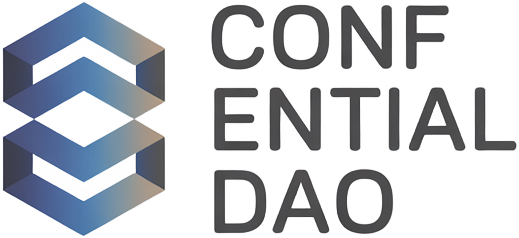
Privacy is rapidly becoming a cornerstone of effective decentralized governance. As DAOs (Decentralized Autonomous Organizations) scale and mature, the need for confidential voting and secure on-chain operations has never been more acute. Traditional DAO voting mechanisms often leave individual votes visible on public ledgers, undermining both voter anonymity and resistance to coercion. The emergence of Fully Homomorphic Encryption (FHE) offers a transformative solution, enabling computations on encrypted data and ushering in a new era of privacy-preserving DAOs.

How FHE Delivers Confidential DAO Voting
At its core, FHE allows smart contracts to process inputs that remain encrypted throughout their lifecycle. This means that in a DAO context, each member’s vote can be cast as an encrypted ballot directly onto the blockchain. Neither validators nor other participants can access the underlying vote data; only the final tally is decrypted and revealed. This approach ensures end-to-end voter privacy while maintaining transparency in outcome verification.
Recent industry advancements underscore this shift. For example, Shutter Network’s collaboration with Snapshot introduces Permanent Shielded Voting by leveraging linear threshold-homomorphic encryption with zero-knowledge proofs. This architecture prevents vote disclosure at every stage while allowing anyone to verify the legitimacy of the final result. Similarly, Zama’s fhEVM showcases how confidential DAOs can be constructed using FHE-enabled Ethereum Virtual Machines, making private governance accessible without sacrificing composability or interoperability.
Securing On-Chain Computation Without Sacrificing Privacy
The implications of FHE extend far beyond voting. In any scenario where DAOs must process sensitive information – such as private auctions, grant allocations, or compliance checks – FHE allows these computations to occur directly on encrypted data. For instance, in a sealed-bid auction managed by a DAO, all bids are submitted in encrypted form; the smart contract determines the winner without ever exposing individual bid amounts to the network or even to itself.
This paradigm is not merely theoretical. OpenFHE and other cryptographic toolkits are already reducing performance bottlenecks associated with homomorphic operations. As hardware acceleration becomes more widespread and libraries mature, we are witnessing practical deployments where confidentiality does not come at the expense of decentralization or auditability.
Tackling Coercion and Vote Manipulation Risks
The introduction of FHE into DAO governance addresses two persistent vulnerabilities: voter coercion and manipulation. By ensuring that votes cannot be linked back to individuals – even after tallying – DAOs become significantly more resistant to bribery or intimidation schemes. Moreover, when combined with zero-knowledge proofs, these systems guarantee that only valid votes are counted without revealing anything about individual choices.
This dual assurance – privacy for participants alongside verifiability for the community – is central to next-generation DAO privacy solutions. Projects like Oasis Protocol are also exploring complementary mechanisms such as Minimal Anti-collusion Infrastructure (MACI), Semaphore, and Plume; however, FHE remains unique in its ability to support arbitrary computations over encrypted data while maintaining robust post-quantum security properties.
Adoption of Fully Homomorphic Encryption DAOs is accelerating as privacy expectations rise and regulatory scrutiny intensifies. The ability to process encrypted votes and sensitive member data on-chain, without ever exposing raw inputs, is not just a technical milestone, it’s a paradigm shift in decentralized governance. As more DAOs confront the realities of Sybil attacks, vote buying, and regulatory compliance, FHE-enabled architectures are quickly moving from proof-of-concept to production-grade infrastructure.
However, deploying FHE in DAO environments is not without its operational challenges. Computational overhead remains a factor; even with recent advances, homomorphic operations are still orders of magnitude slower than their plaintext counterparts. This means that careful design decisions, such as batching computations or leveraging hybrid cryptographic schemes, are essential for scaling confidential DAO voting to large communities. Projects like Zama’s fhEVM are actively addressing these bottlenecks by integrating hardware acceleration and optimizing cryptographic primitives for blockchain use cases.
The landscape is also being shaped by the emergence of open-source standards and interoperability layers. Initiatives like OpenFHE and the collaborative work between Snapshot and Shutter Network are laying the foundation for plug-and-play privacy modules that any DAO can adopt. This modularity will be critical as DAOs diversify across verticals, from investment syndicates to grant-making bodies, each with distinct privacy requirements but shared needs for verifiable governance.
Practical Pathways: Integrating FHE into Existing DAO Frameworks
For organizations considering the transition to encrypted DAO voting, the integration pathway typically involves three strategic steps:
- Pilot confidential voting modules: Begin with small-scale pilots using established toolkits (e. g. , Zama fhEVM or OpenFHE) to validate end-to-end encrypted voting workflows.
- Layer in zero-knowledge proofs: Combine FHE with zk-proofs to ensure only valid encrypted votes are tallied while maintaining full anonymity.
- Iterate with community feedback: Engage members early in testnet deployments to surface UX pain points and optimize performance before mainnet rollout.
This phased approach mitigates risk while building institutional confidence in privacy-preserving protocols. For DAOs already using popular frameworks like Snapshot or Tally, upcoming integrations of shielded voting modules will further lower barriers to adoption, allowing organizations to upgrade their governance stack without wholesale migration or tooling lock-in.
The Road Ahead: Privacy as a Governance Primitive
The next evolution of DAOs will treat privacy not as an optional add-on but as a foundational primitive, on par with composability and censorship resistance. As cryptographic research continues apace, expect FHE-powered smart contracts to underpin everything from whistleblower protection in activist DAOs to compliant on-chain audits for regulated entities.
The convergence of FHE, zero-knowledge proofs, and modular governance platforms signals a future where privacy-preserving DAOs can scale globally while remaining resilient against both internal and external threats. For founders, developers, and voters alike, this unlocks new possibilities for secure collaboration without compromise, a vision that is rapidly materializing across the decentralized ecosystem.






